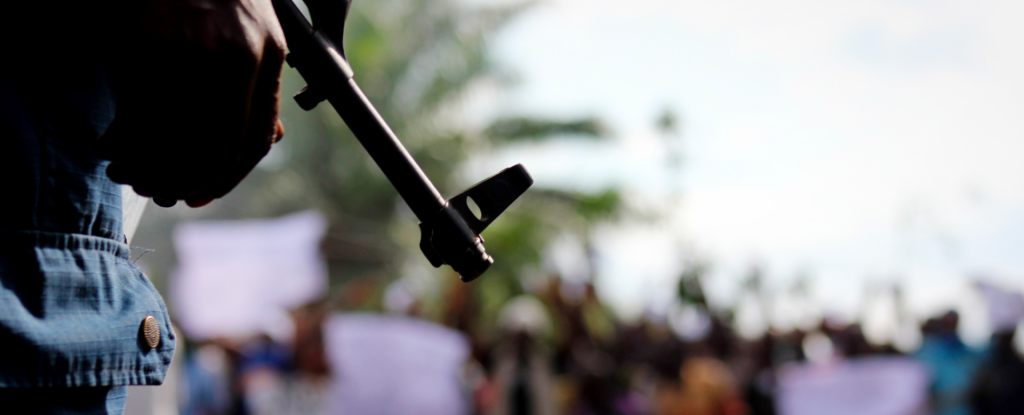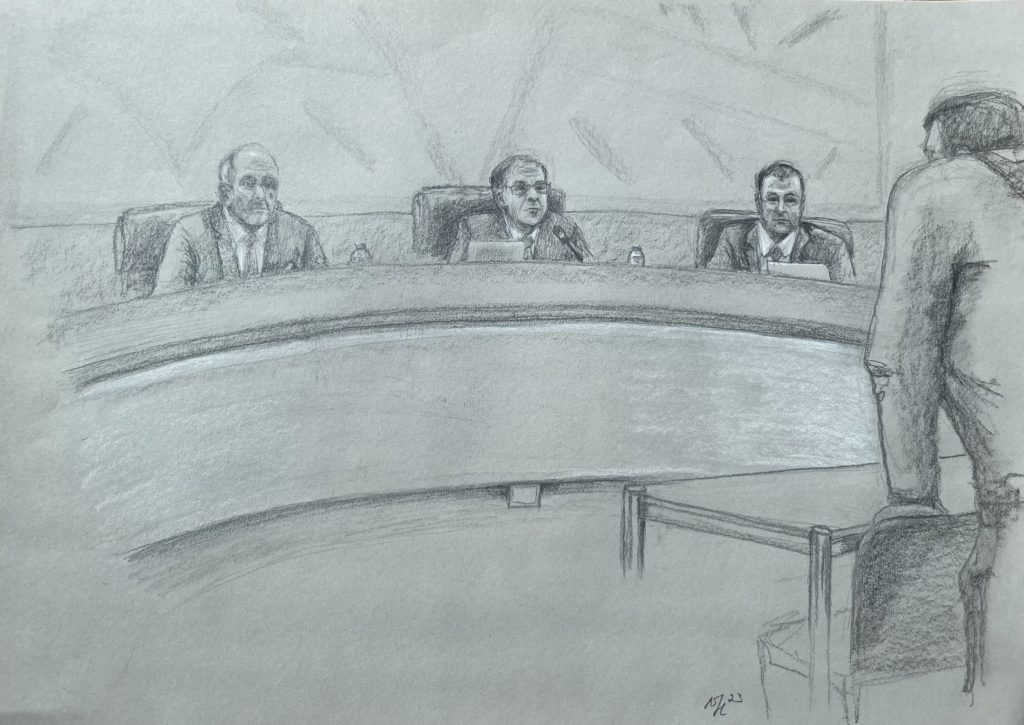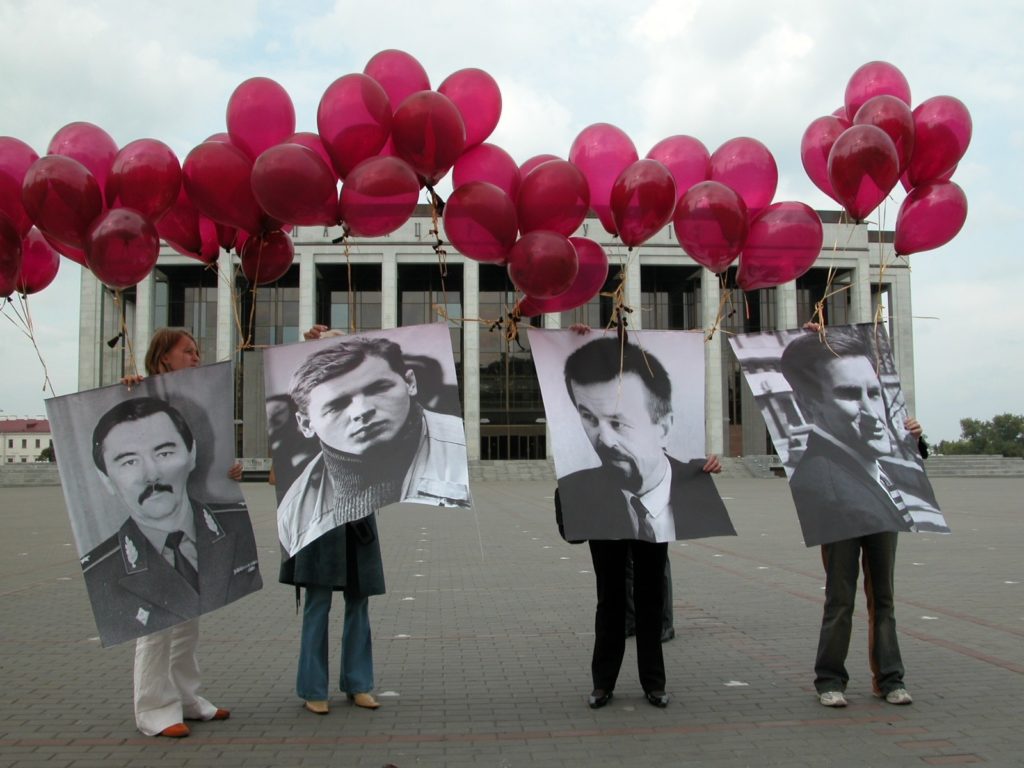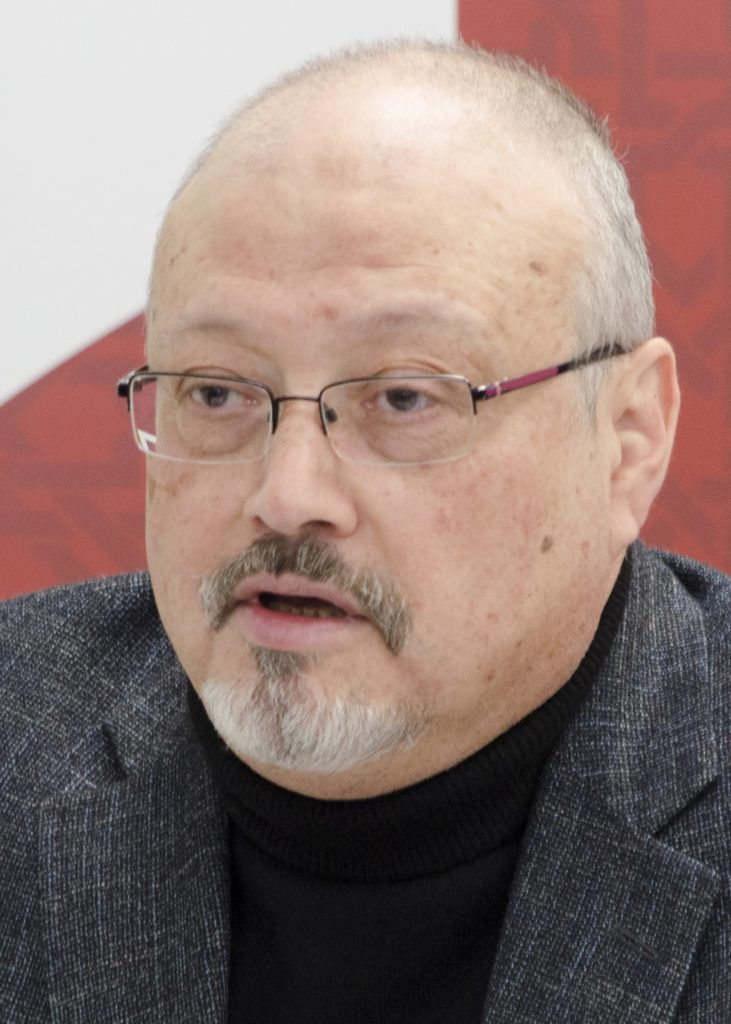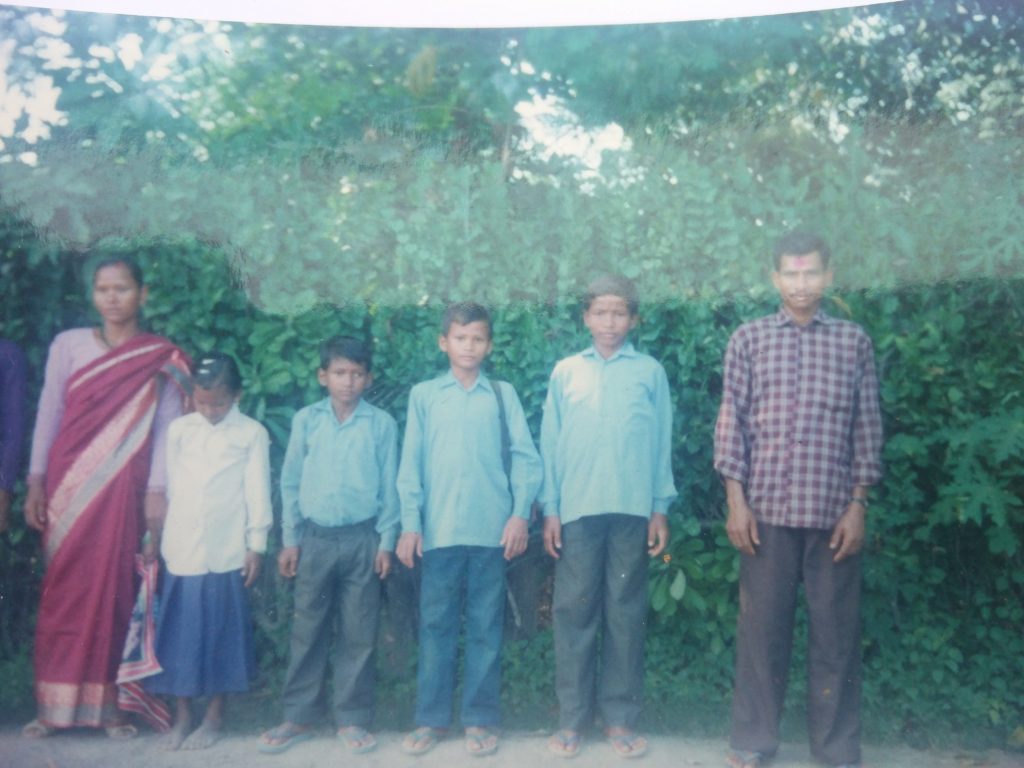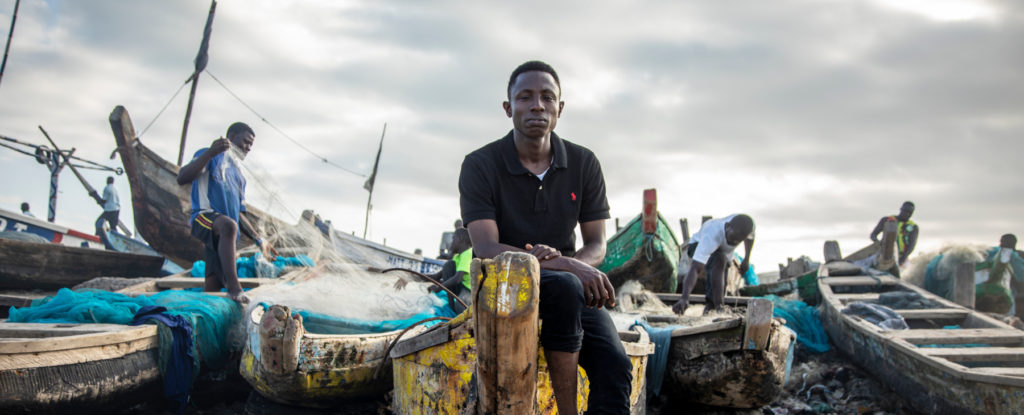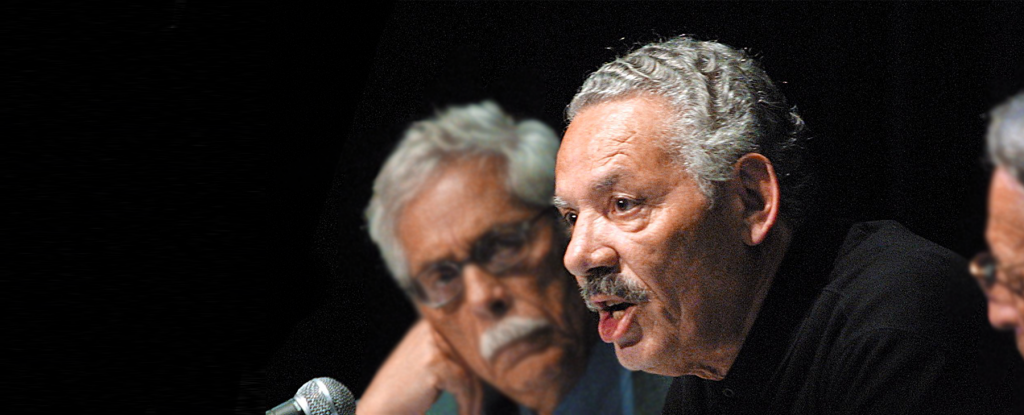Gambia: No Justice for 2005 Massacre of Migrants
The families of more than 50 Ghanaian and other West African migrants killed in The Gambia and Senegal 15 years ago have yet to learn the full truth and obtain justice concerning the massacre, 11 human rights organizations said today. Amid growing evidence that the murders were carried out by Gambian security force members acting on the orders of then-president Yahya Jammeh, the groups called for an international investigation of the massacre.

“A credible international investigation is needed if we’re ever going to get to the bottom of the 2005 massacre of West African migrants and create the conditions to bring those responsible to justice,” said Emeline Escafit, Legal Adviser at TRIAL International. “Until now, information has come out in dribs and drabs, year after year, from different sources.”
On 22 July 2005, Gambian security forces arrested the migrants, who were bound for Europe, after their boat landed in Gambia, on suspicion of involvement in a coup attempt. Over the next 10 days, almost all the migrants, including about 44 Ghanaians, 9 Nigerians, 2 Togolese, and nationals of Cote d’Ivoire and Senegal, were killed in Gambia or taken across the border into Senegal and shot and their bodies dumped in wells.
While several Gambian soldiers have confessed to the murders and said they acted on Jammeh’s orders, the chain of events leading to the killings is unclear. There is still no information on exactly where migrants were buried in Senegal nor are all the victims’ identities known, including eight of the nine Nigerians. Gambia returned six bodies to Ghana in 2009, but the families question whether the bodies were those of the murdered migrants.
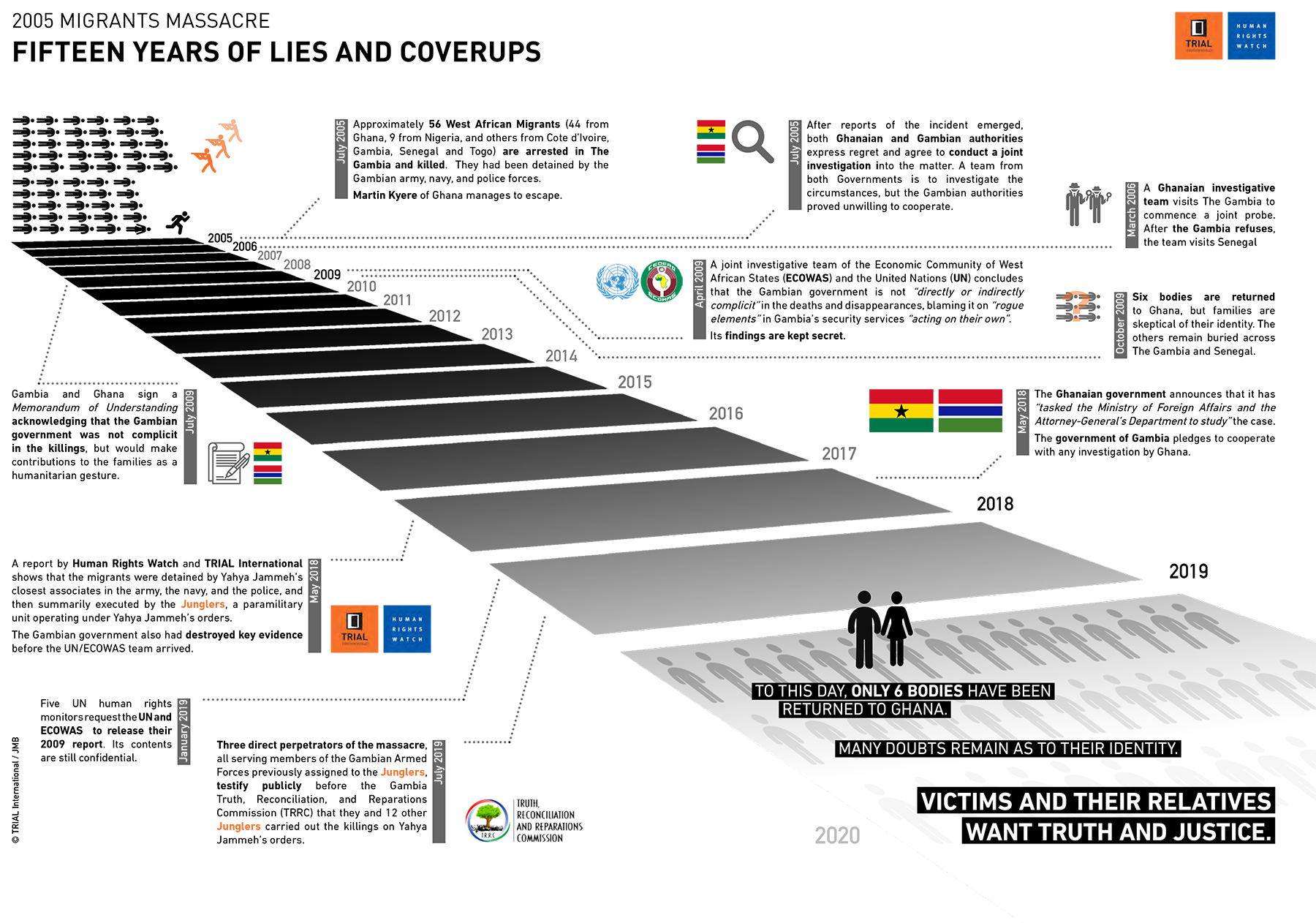
Unsuccessful investigations
Previous efforts to investigate the massacre have repeatedly been stymied or flawed. Following initial campaigning by Martin Kyere, Ghanaian families and rights groups, Ghana attempted to investigate the killings in 2005 and 2006, but was blocked by the then-Jammeh government. In 2009, a report by the UN and ECOWAS concluded that the Gambian government was not “directly or indirectly complicit” in the deaths and disappearances, blaming it on “rogue” elements in Gambia’s security services “acting on their own.” Then, in 2018, Human Rights Watch and TRIAL International found that the migrants were detained by Jammeh’s closest associates in the army, the navy, and the police, and then summarily executed by the so-called “Junglers,” a unit of Gambian soldiers operating under Jammeh’s orders. Finally in July 2019, three former “Junglers” testified publicly before the Gambia Truth, Reconciliation, and Reparations Commission that they and 12 other “Junglers” had carried out the killings on Jammeh’s orders.
Because the crimes took place across two countries – Gambia and Senegal –, involve victims from six countries and a primary suspect – Jammeh – now residing in Equatorial Guinea, an international investigation would be best placed to uncover all the facts. If neither Gambia nor another country like Ghana would conduct a transnational investigation, the groups should support an independent inquiry that could investigate in all the countries concerned.
The groups making the call were the Africa Center for International Law and Accountability (ACILA) , African Network against Extrajudicial Killings and Enforced Disappearances (ANEKED), Amnesty International Ghana, Commonwealth Human Rights Initiative, Gambia Center for Victims of Human Rights Violations, Ghana Centre for Democratic Development, Human Rights Advocacy Centre, Human Rights Watch, Media Foundation for West Africa, POS Foundation, and TRIAL International.
Read the full press release
This article was produced with the financial support of the European Union. Its contents are the sole responsibility of the authors and do not necessarily reflect the views of the European Union.



